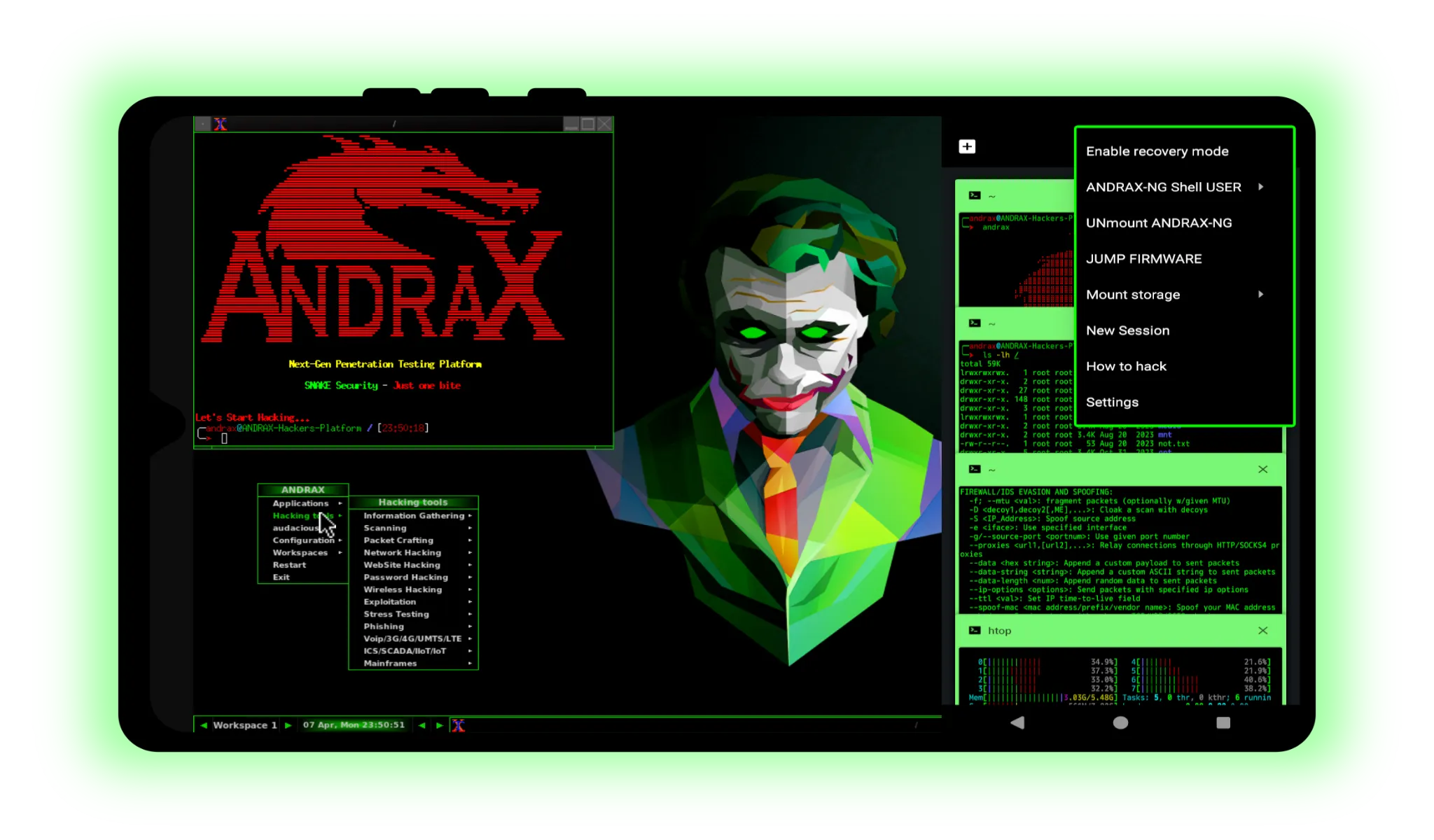android
container
docker
github
adb, android, androidautomation, androiddev, androiddevelopment, androidemulator, androidqa, androidtesting, appium, automation, ci, devops, Docker, dockerandroid, emulator, galaxys10, genymotion, headlessmode, jenkins, kvm, mobiletesting, nexus5, pixelc, selenium, ubuntu, virtualization, wsl2
9M2PJU
0 Comments
Run Android Emulators in Docker with Ease Using Docker-Android
Need a flexible and scalable Android emulator for development, testing, or CI pipelines? Docker-Android offers a containerized solution that runs Android emulators with various device profiles, VNC support, and ADB access — all inside Docker.
Why Use Docker-Android?
Docker-Android simplifies emulator setup, especially in CI environments or when testing multiple device configurations. Key benefits include:
- 🎮 Emulator Skins & Profiles – Samsung Galaxy S10, Nexus 5, Pixel C, and more.
- 🖥️ VNC Access – View and control the emulator via your browser.
- 📜 Log Sharing – Access logs via a built-in web UI.
- 📡 ADB Support – Connect to the emulator via
adb connect. - 🔌 Framework Integration – Works with Appium, Espresso, and other test frameworks.
- ☁️ Cloud Ready – Integrates with Genymotion Cloud, AWS, GCP, etc.
- 🧪 UI Testing – Run unit and UI tests in isolated containers.
Available Docker Images
You can pull images by Android version or specific release version. Examples:
| Android Version | API | Latest Image | Specific Release |
|---|---|---|---|
| Android 9.0 | 28 | budtmo/docker-android:emulator_9.0 | budtmo/docker-android:emulator_9.0_<version> |
| Android 10.0 | 29 | budtmo/docker-android:emulator_10.0 | ... |
| Android 11.0 | 30 | budtmo/docker-android:emulator_11.0 | ... |
| Android 12.0 | 32 | ... | ... |
| Android 13.0 | 33 | ... | ... |
| Android 14.0 | 34 | ... | ... |
| Genymotion | – | budtmo/docker-android:genymotion | ... |
Supported Devices
Docker-Android includes emulator profiles for a wide range of phones and tablets:
📱 Phones
- Samsung Galaxy S10 / S9 / S8 / S7 / S6
- Nexus One / S / 4 / 5
💻 Tablets
- Nexus 7
- Pixel C
Requirements
- Docker installed on your system
- Ubuntu host OS (natively or via VM for macOS/Windows users)
- Virtualization support (KVM)
To check if virtualization is enabled:
sudo apt install cpu-checker
kvm-ok
Quick Start
Run a Docker-Android container with Samsung Galaxy S10 and Android 11:
docker run -d -p 6080:6080 \
-e EMULATOR_DEVICE="Samsung Galaxy S10" \
-e WEB_VNC=true \
--device /dev/kvm \
--name android-container \
budtmo/docker-android:emulator_11.0
Now, open your browser and go to:
http://localhost:6080
To check emulator status:
docker exec -it android-container cat device_status
Persisting Emulator Data
By default, emulator data is not saved. To persist data across container restarts:
docker run -v data:/home/androidusr \
budtmo/docker-android:emulator_11.0
Use-Cases
Docker-Android is ideal for:
- 🏗️ Building Android projects
- 🧪 Automated UI testing (Appium, Espresso)
- 📱 ADB control and automation
- 📤 Cloud deployment (Azure, AWS, GCP)
- 📡 Jenkins & CI pipelines
- 💬 SMS simulation
Advanced Integrations
Genymotion SAAS
If you need more powerful cloud infrastructure or want to run multiple emulator types, Docker-Android supports integration with Genymotion SAAS and popular cloud platforms like:
- AWS
- GCP
- Alibaba Cloud
About Docker-Android Pro
For more advanced use-cases, there’s a Docker-Android Pro version available for sponsors. It unlocks:
| Feature | Free | Pro |
|---|---|---|
| Analytics-free | ✅ | ✅ |
| Proxy Support | ❌ | ✅ |
| Language Setting | ❌ | ✅ |
| Newer Android Versions | ❌ | ✅ |
| Root Privileges | ❌ | ✅ |
| Headless Mode | ❌ | ✅ |
| Selenium 4 Integration | ❌ | ✅ |
| Multiple Simulators | ❌ | ✅ (coming soon) |
| Google Play Store | ❌ | ✅ (coming soon) |
| Video Recording | ❌ | ✅ (coming soon) |
Final Thoughts
Docker-Android is a powerful way to simulate Android devices on any infrastructure that supports Docker. Whether you’re a mobile developer, QA engineer, or DevOps specialist, this project helps bring scalable Android testing and development to your local machine or CI/CD pipelines.
For more details, check out the GitHub repository:https://github.com/budtmo/docker-android







Post Comment